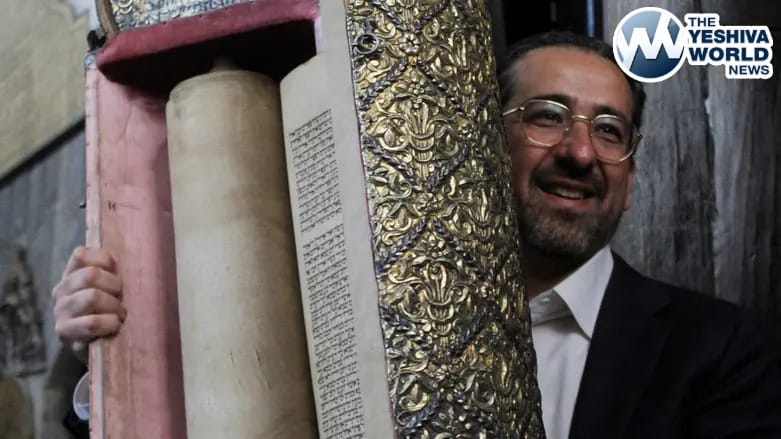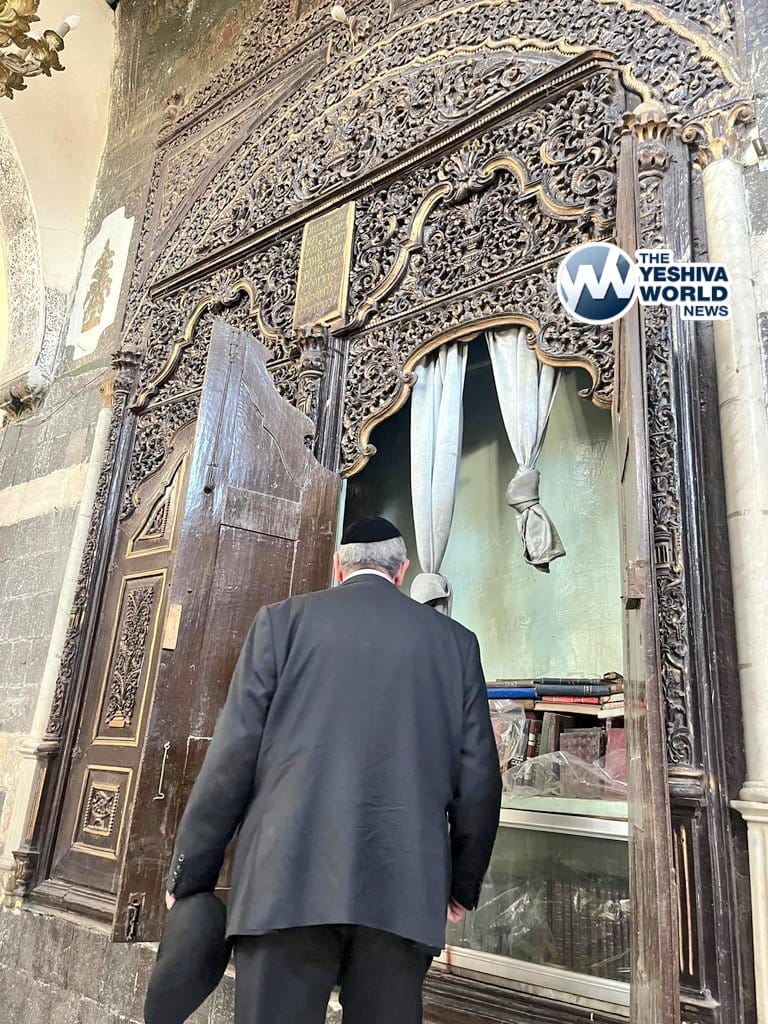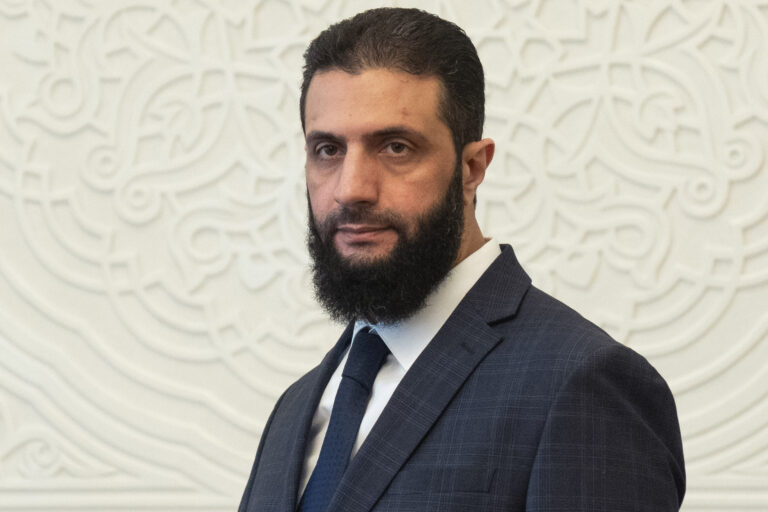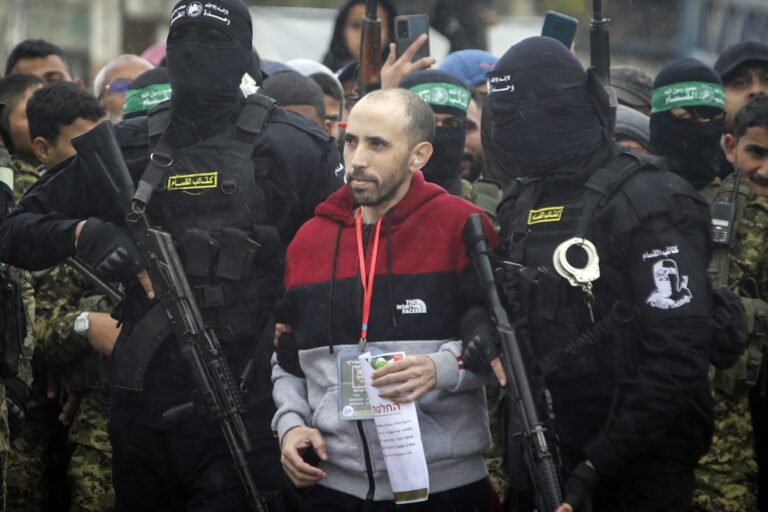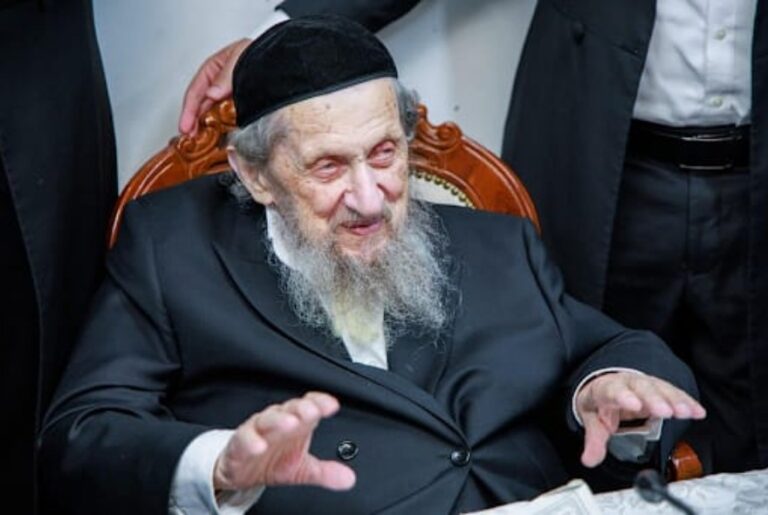For the first time in three decades, Rabbi Joseph Hamra and his son Henry read from a Sefer Torah in a Damascus Shul. The moment marked an emotional homecoming for the two, who had fled Syria in the 1990s when then-President Hafez al-Assad lifted travel restrictions on the country’s Jewish community.
At the time, Syria’s Jewish population, which had long faced limitations on property ownership and employment, quickly dwindled to fewer than ten individuals in the capital. Joseph and his young son Henry resettled in New York.
“Weren’t we in a prison? So we wanted to see what was on the outside,” said Joseph, now 77, recalling the exodus. “Everyone else who left with us is dead.”
Following the December overthrow of Bashar al-Assad—who had succeeded his father—the Hamra family began planning their long-awaited return to Damascus. Their visit was facilitated by the U.S.-based Syrian Emergency Task Force.
During their visit, they met with Syria’s deputy foreign minister, now part of the interim government established by the Islamist rebels who ended the Assad family’s rule after more than 50 years. While the new authorities have pledged an inclusive future for all Syrians, reports of religious intolerance and conservative influences have left some minority communities uneasy.
Despite these concerns, Henry Hamra, now 48, said Syria’s foreign ministry assured them that Jewish heritage in the country would be safeguarded.
“We need the government’s help, we need the government’s security and it’s going to happen,” he said.
As they walked through the narrow alleyways of the Old City, a UNESCO-listed site, Joseph and Henry reconnected with former Palestinian Syrian neighbors and admired the preserved Hebrew inscriptions in several Shul’s.
“I want to see my kids come back and see this beautiful synagogue. It’s a work of art,” Henry said.
However, some important pieces of history were missing. Henry noted that a particular Sefer Torah, once housed in one of the Shul’s, had been relocated to a library in Israel, where many Syrian Jews sought refuge over the last century.
While the Shul’s and Jewish school in the Old City remain largely intact, the once-grand Jobar Shul in eastern Damascus was reduced to rubble during Syria’s nearly 14-year civil war.
Jobar, which was home to a thriving Jewish community for centuries, had housed a Shul built in honor of Eliyahu Hanavi. Before its destruction, the site was looted, erasing a vital link to Syria’s Jewish past.
PHOTOS AND VIDEO VIA Syrian Emergency Task Force @syrianetf
(YWN World Headquarters – NYC)

